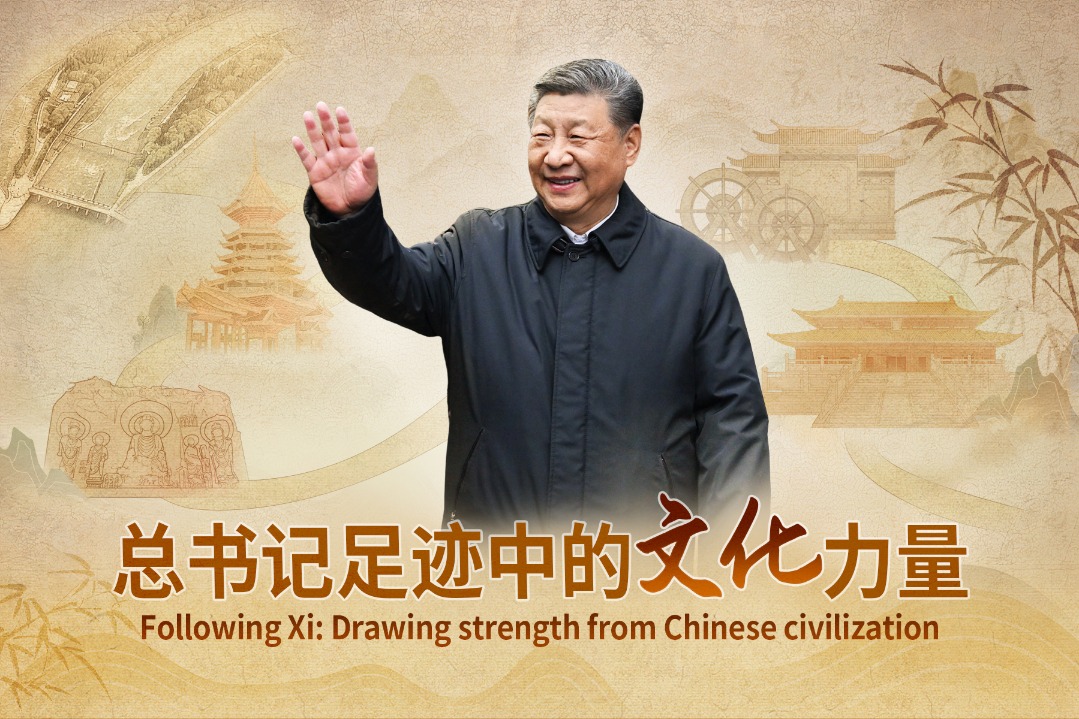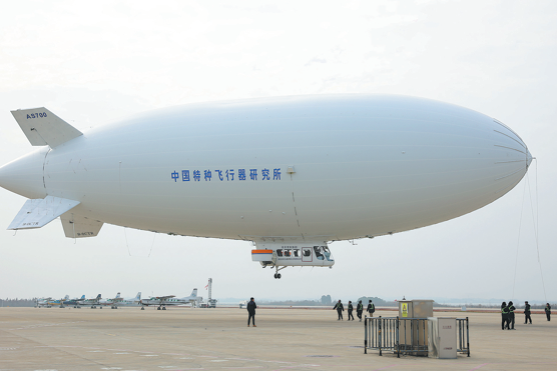Changing contours

Much of the shift toward organic tea growing in Wuyishan was triggered due to the low yields and productivity.
"Low productivity has always been a major hurdle for tea growers in Wuyishan," Liu says.
Spread over 2,798 square kilometers, Wuyishan has just 87.4 sq km of tea gardens, and produced 9,770 tons of tea in 2010. In contrast Sri Lanka, with 2,500 sq km of tea gardens, produced 399,000 tons of raw tea in 2010.
"Every year we receive big export orders, but we cannot cater to these orders due to our limited labor and productivity," says Kang Liyun, marketing manager of Lapsang Tea Industry Co.
Established in 1998, Kang's company has 130 employees and produces 600 tons of tea every year.
The company ships about 100 tons of unprocessed tea to the European Union, the United States, and some Asian countries such as Japan and South Korea. It also has two processing factories, spread over an area of 4,500 sq m. Apart from the tea gardens in Hubei and Jiangxi provinces it owns, it also has alliances with local tea gardens and processing factories.
To further enhance its productivity, the company has sought 20,000 sq m of land from the local government to build a new processing factory. The total investment in the new facility is expected to be about 60 million yuan and if permitted, would increase production by three to four times.
"We plan to build a modern factory to help standardize our processing and shorten the production cycle."
At the same time exporters are also facing higher risk as tea-consuming countries in the West are raising the testing standards.
Last year, the European Commission issued an order that seeks to impose special control measures on tea imports from China.
The directive calls for stricter examination of China's tea exports to the EU including entry into the EU through designated ports and also stipulates that 10 percent of the goods should have on-site inspection and sampling tests for pesticide residues and other items.
Shen Qing, chief executive of King Building, a Beijing-based company that specializes in industry planning and marketing, feels that most of these directives are technical barriers.
He says that Sri Lanka exports about $1.2 billion worth of tea every year. Most of its products are up to the standards of most consuming countries.
"China should strive to have stricter quality control in its tea garden management and producing system. It may reduce the productivity to some degree temporarily, but the quality may increase by a large extent, and so will the overseas sales."
Export price is another issue that concerns domestic producers. A report from China Tea Marketing Association shows that the average price of Chinese tea in the world market is about $2 per kilogram, 40 percent lower than that from India and 60 percent lower than tea from Sri Lanka.
In the domestic market, the average price of black tea is about 150 yuan per kilogram. A kilogram of Jinjunmei, a top variety of black tea, is priced at 7,200 yuan to more than 20,000 yuan.
Wei Saiming, general manager of Fujian Tea Import and Export Co, says that stricter testing in the EU may increase export costs to some extent, but the real hindrance for growing exports is the low profits in overseas markets due to inadequate pricing.
"Right now the domestic market is more lucrative for tea producers with its high revenue and low market threshold. On the other hand, to satisfy the strict requirement of the EU, tea producers have to apply a series of quality control measures from the use of pesticide to final processing method. It all pushes up the cost and management risks for tea makers."
In October 2011, Michael Bunston, chairman of the International Tea Industry Committee, along with tea experts from tea councils in the Canada and the United Kingdom, introduced a Wuyi Mountain proposal at the International Tea Conference & Tea Products Trade Fair 2011.
The proposal aims to reposition Wuyi Mountain tea in the world tea industry and find a way to enlarge its market share and build up its reputation.
It has also suggested that the local government and members of the tea industry protect Wuyi Mountain's tea culture and tea varieties, and encourage them to sustain their efforts through organic cultivation, in such a way that Wuyi Mountain tea will sell in the EU on the basis of WTO terms and EU standards.
Yang Jiangfan, president of Wuyi University, says that for Chinese tea to be popular in the West, the first priority is to increase the prevalence of Chinese tea culture.
"Wuyi Mountain tea has its own features and own geographic characteristics and historical foundation. Local companies should combine it with their products so as to better promote Wuyi Mountain tea in the overseas markets," says Yang, who is also managing director of the China Tea Society.
Yang says that the different consumption habits also result in diverse markets at home and abroad.
"For most agricultural products, the better ones will be exported. But for tea, most of the better products are sold in domestic markets."
Yang says that Western consumers treat tea as a daily drink. Thus they prefer the convenience and standardized tastes of teabags. But for Chinese people, they endow tea drinking with cultural significance and enjoy the complicated process of tea making.
"Tea tasting is a special phenomenon in China. Chinese people have the habit of drinking high quality tea and are willing to pay a higher price for them while foreigners would buy normal tea, as long as it is up to a certain standard."
Yang emphasizes that to change the current export structure, the international market should also be further explored.
"Unlike beer or cola, tea drinking has profound cultural elements through its packaging, tea making and tasting. Foreign consumers need to be educated to understand and appreciate the meaning behind it."






























